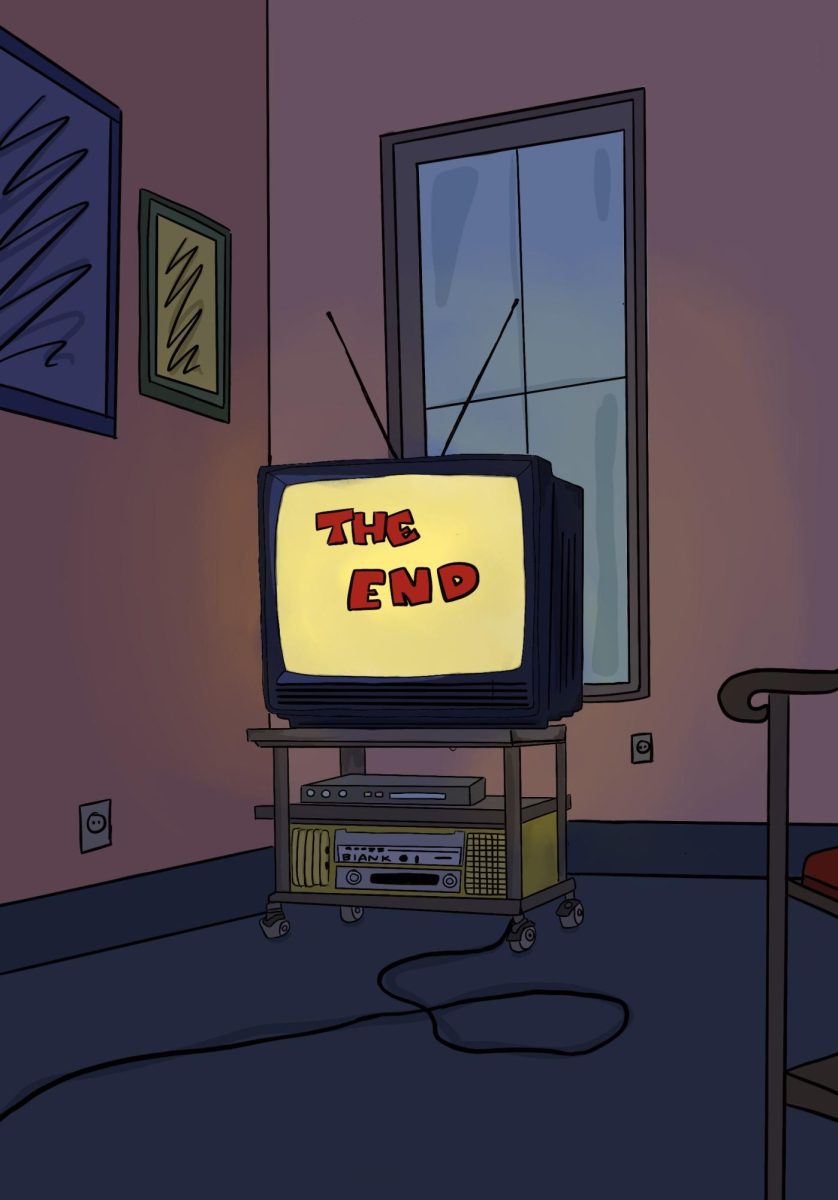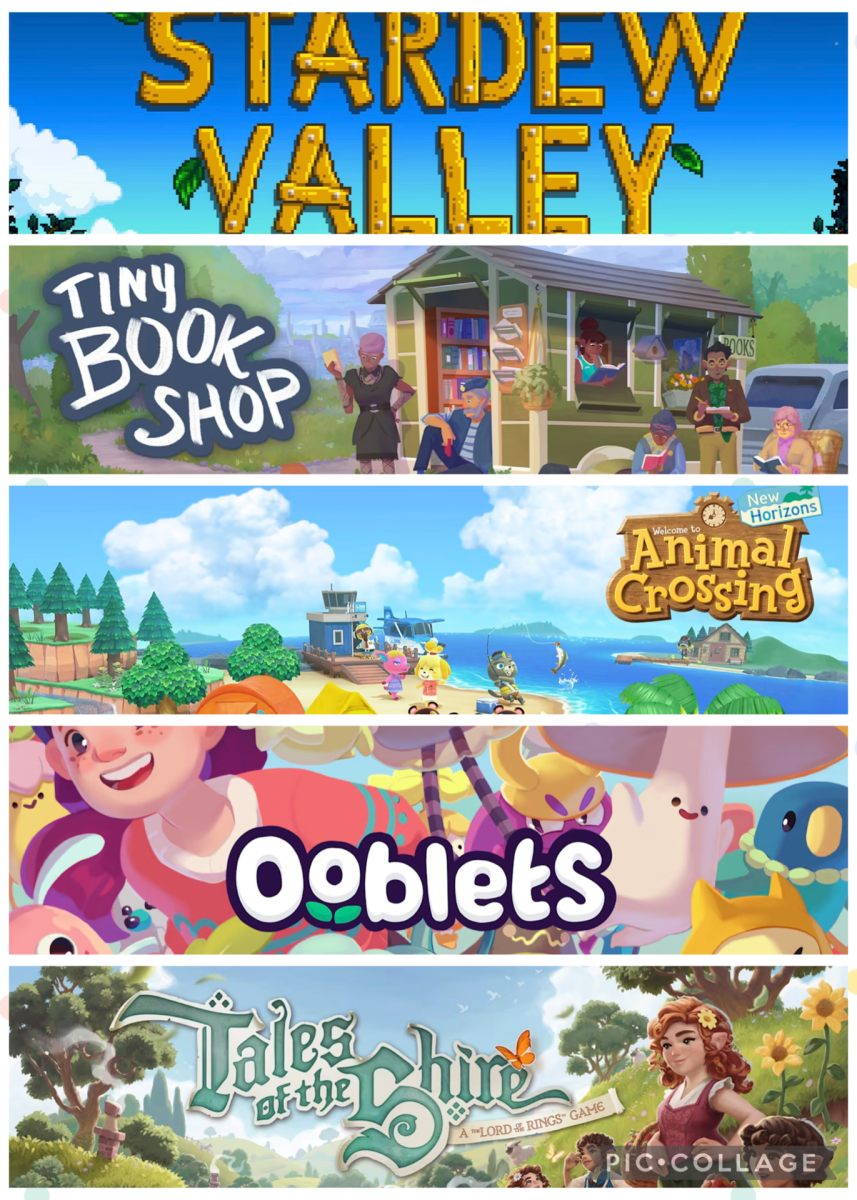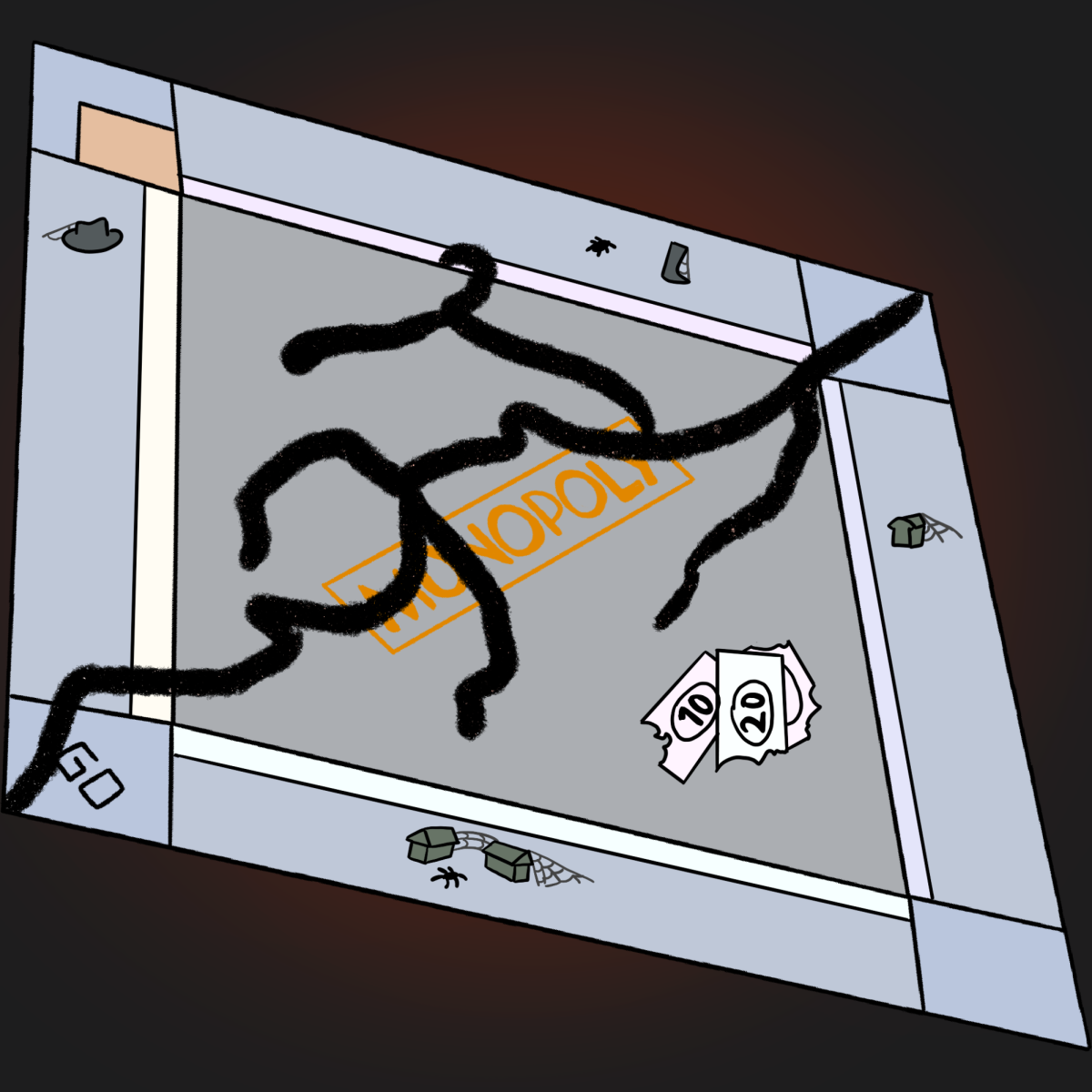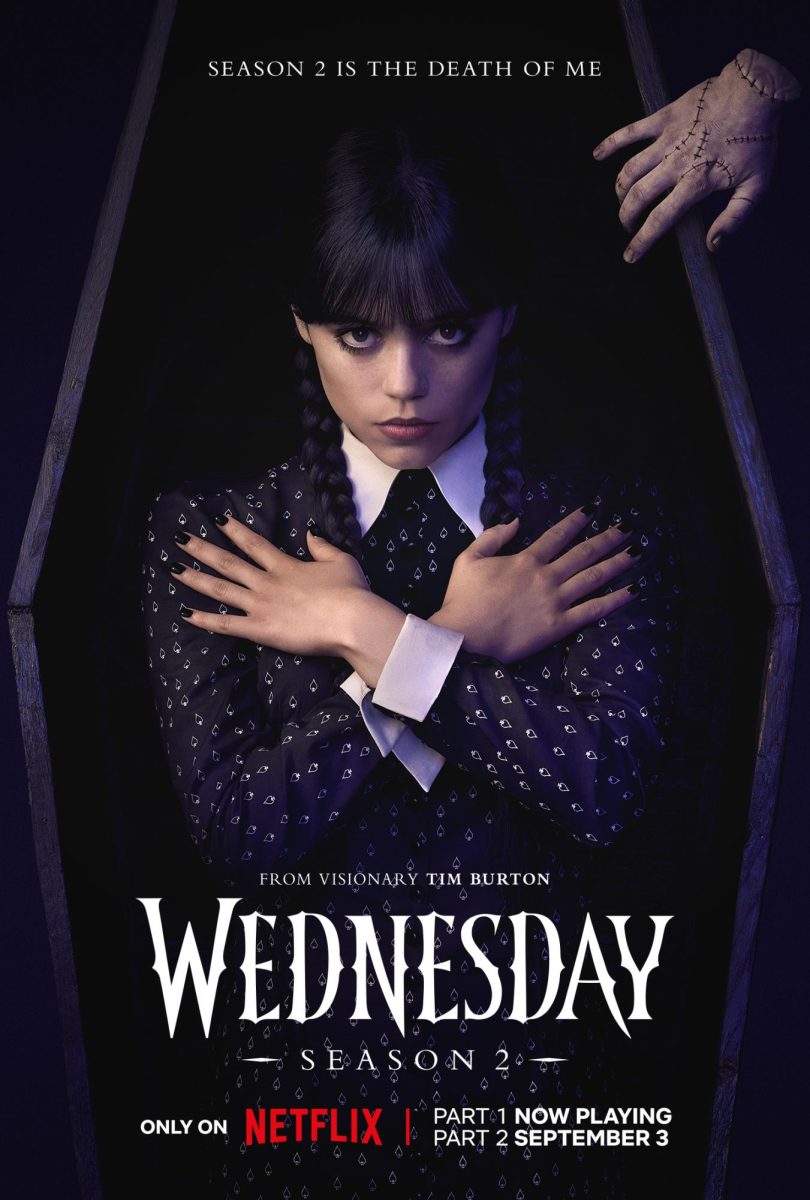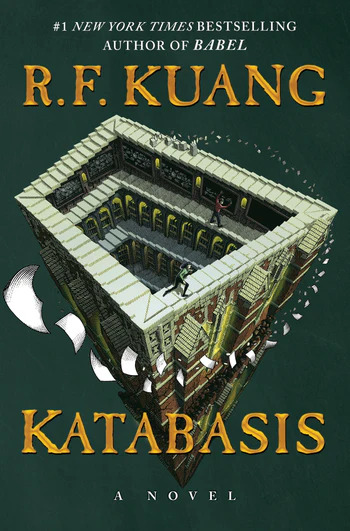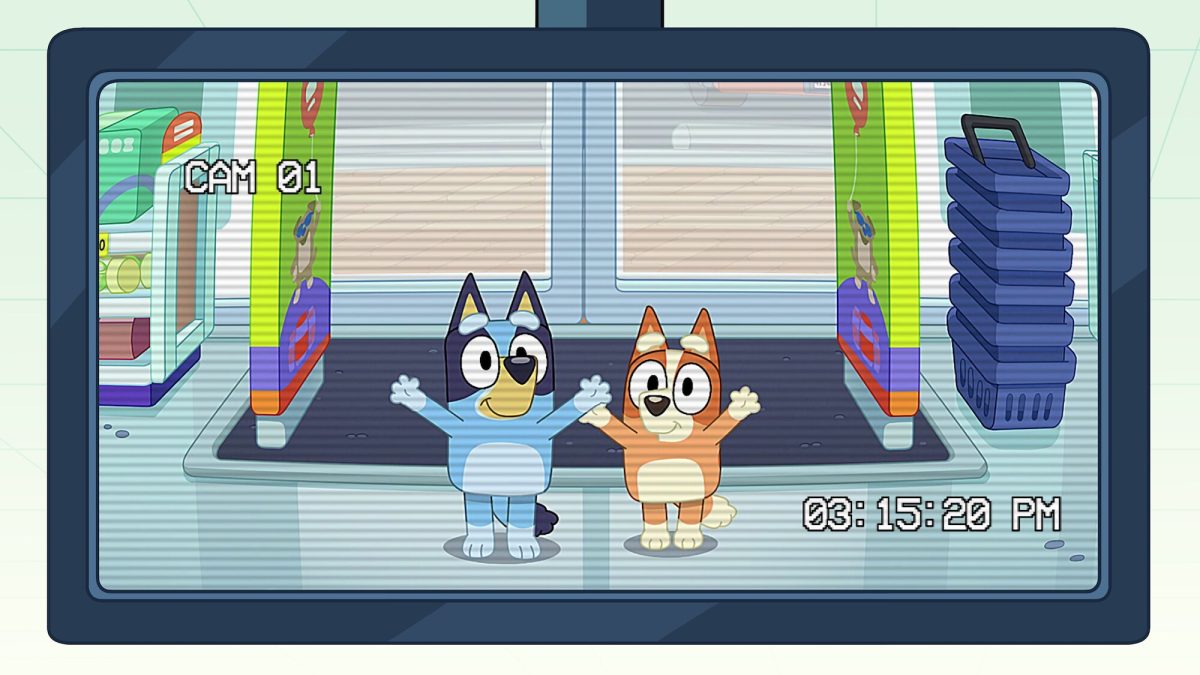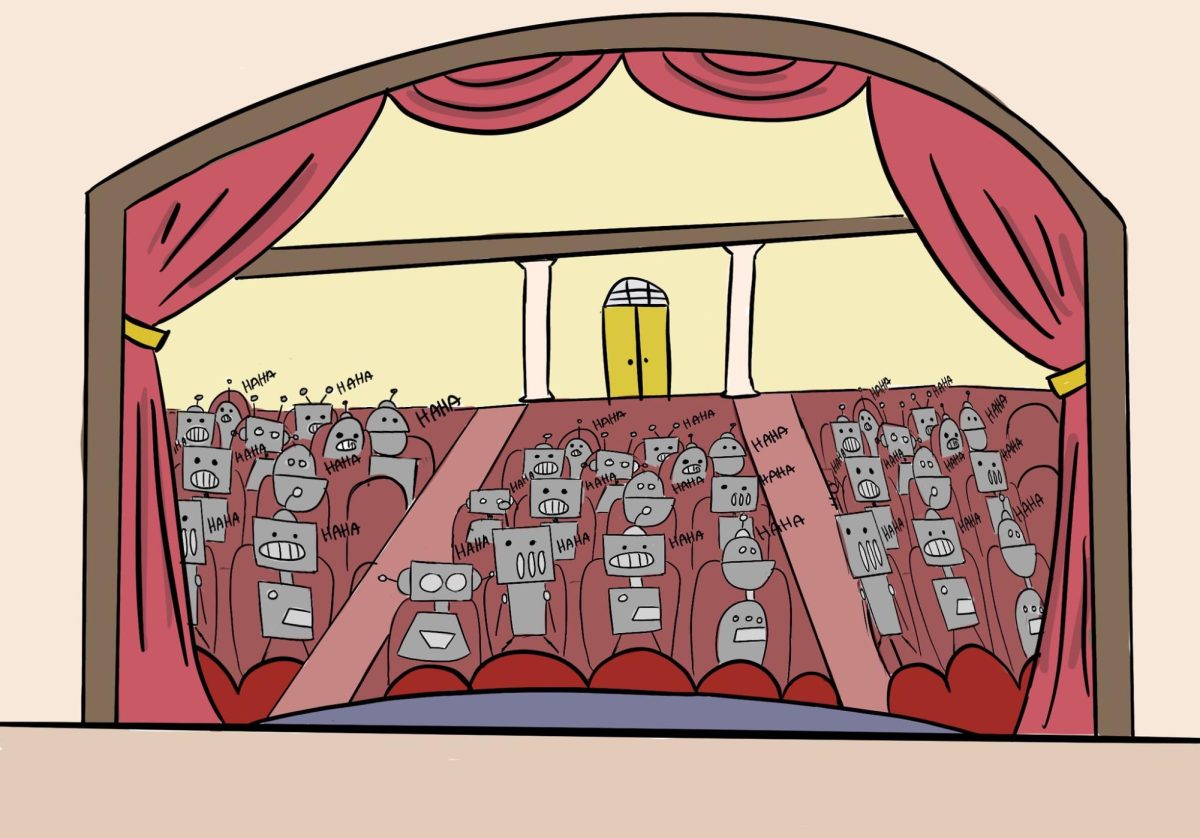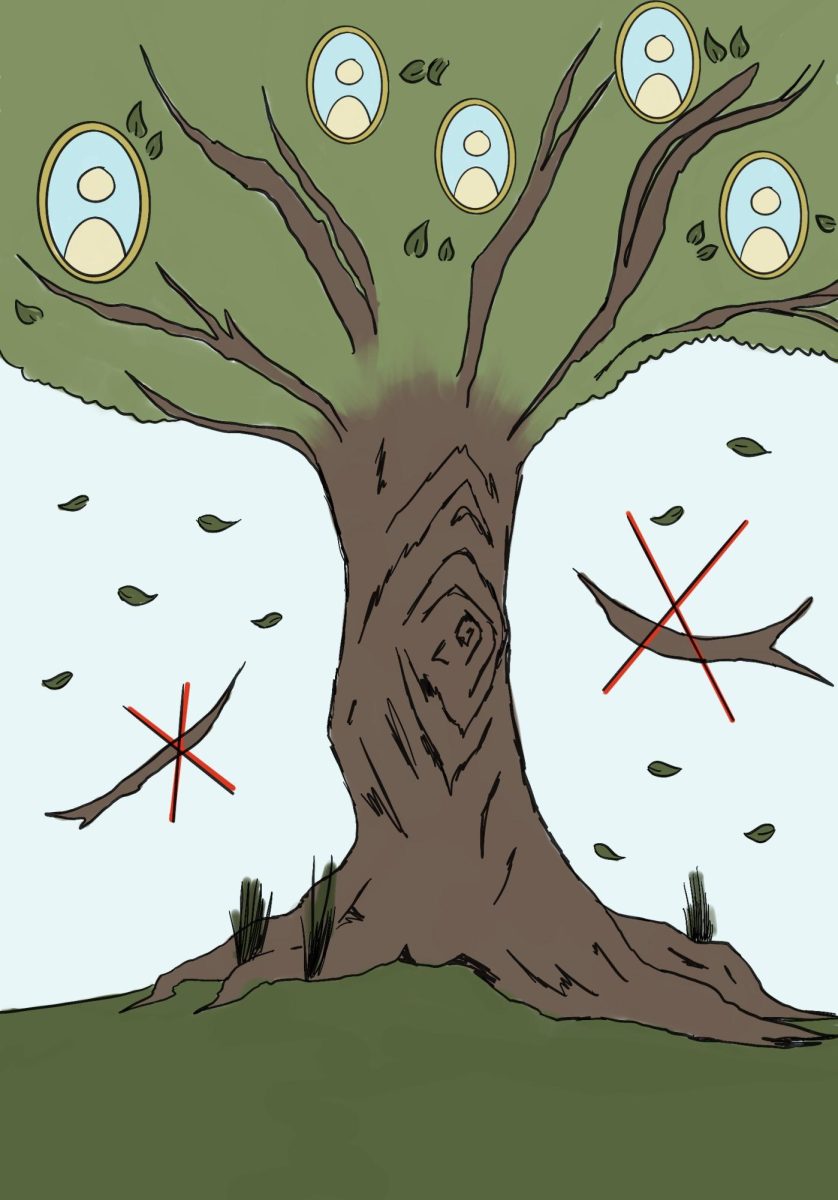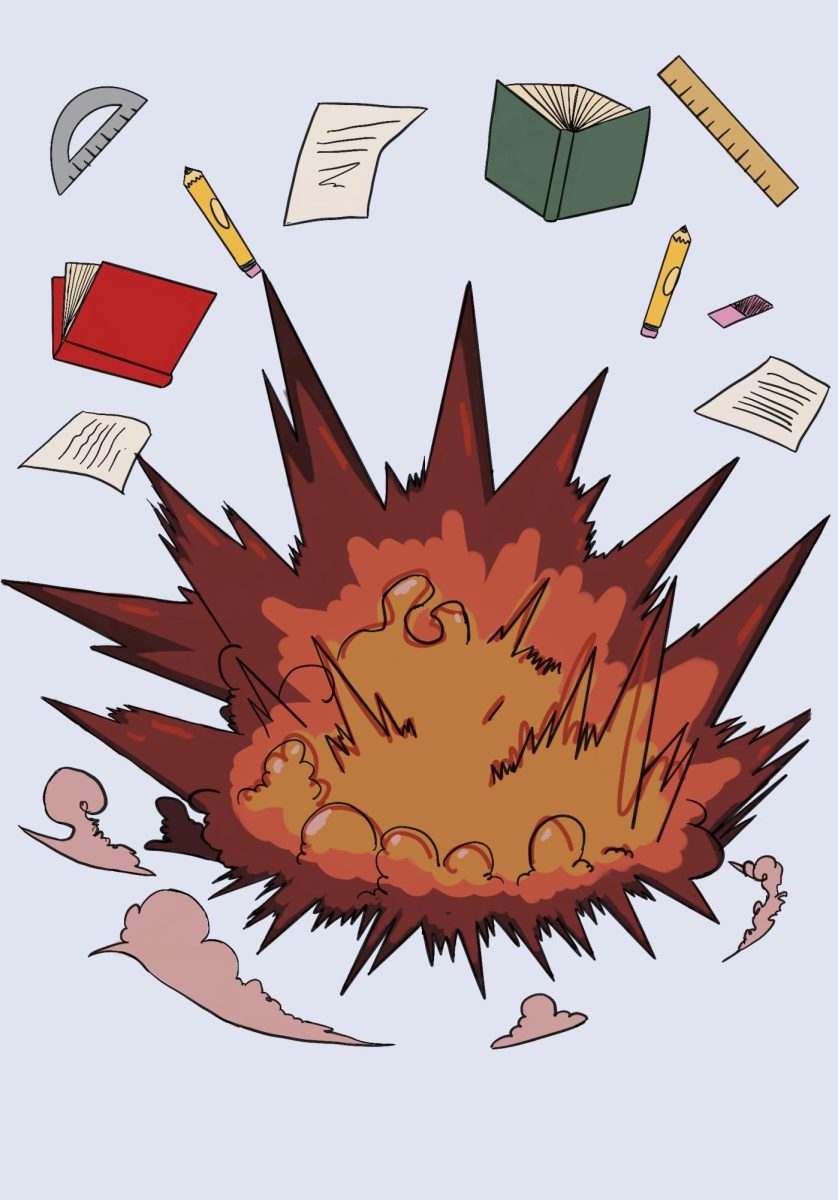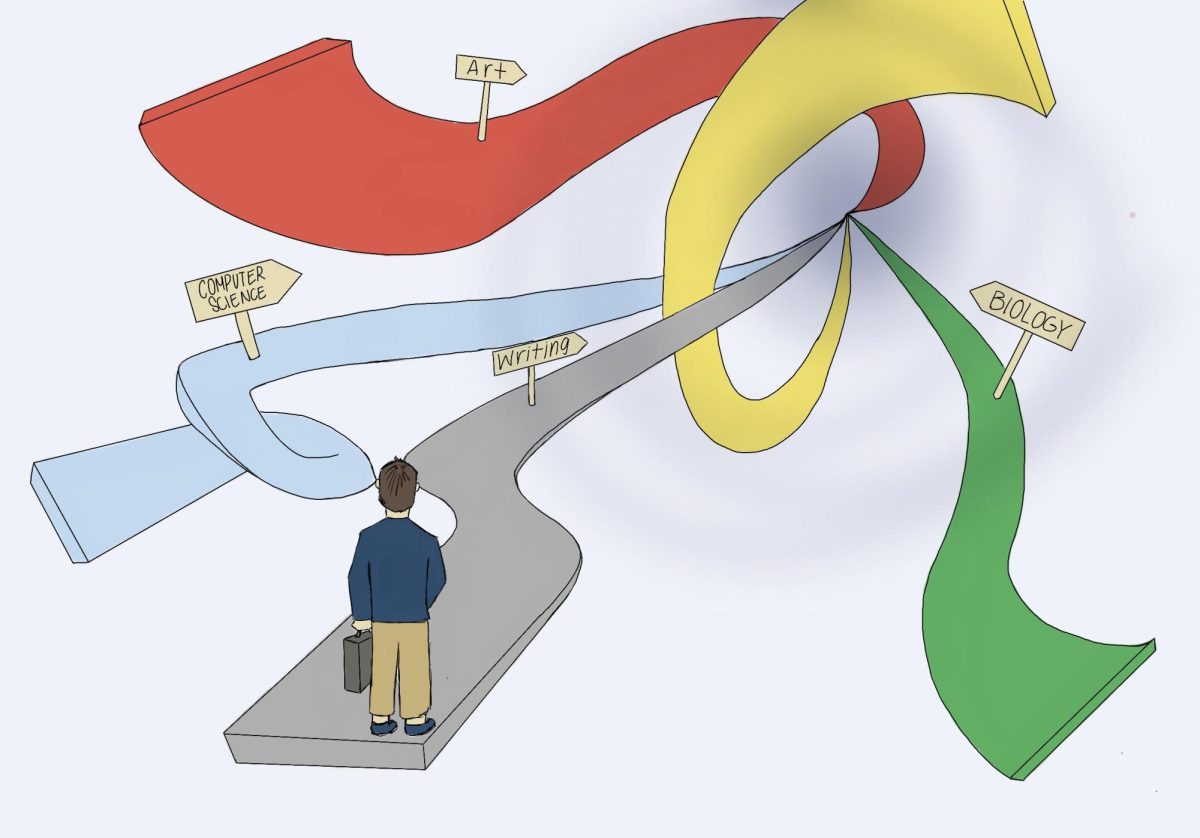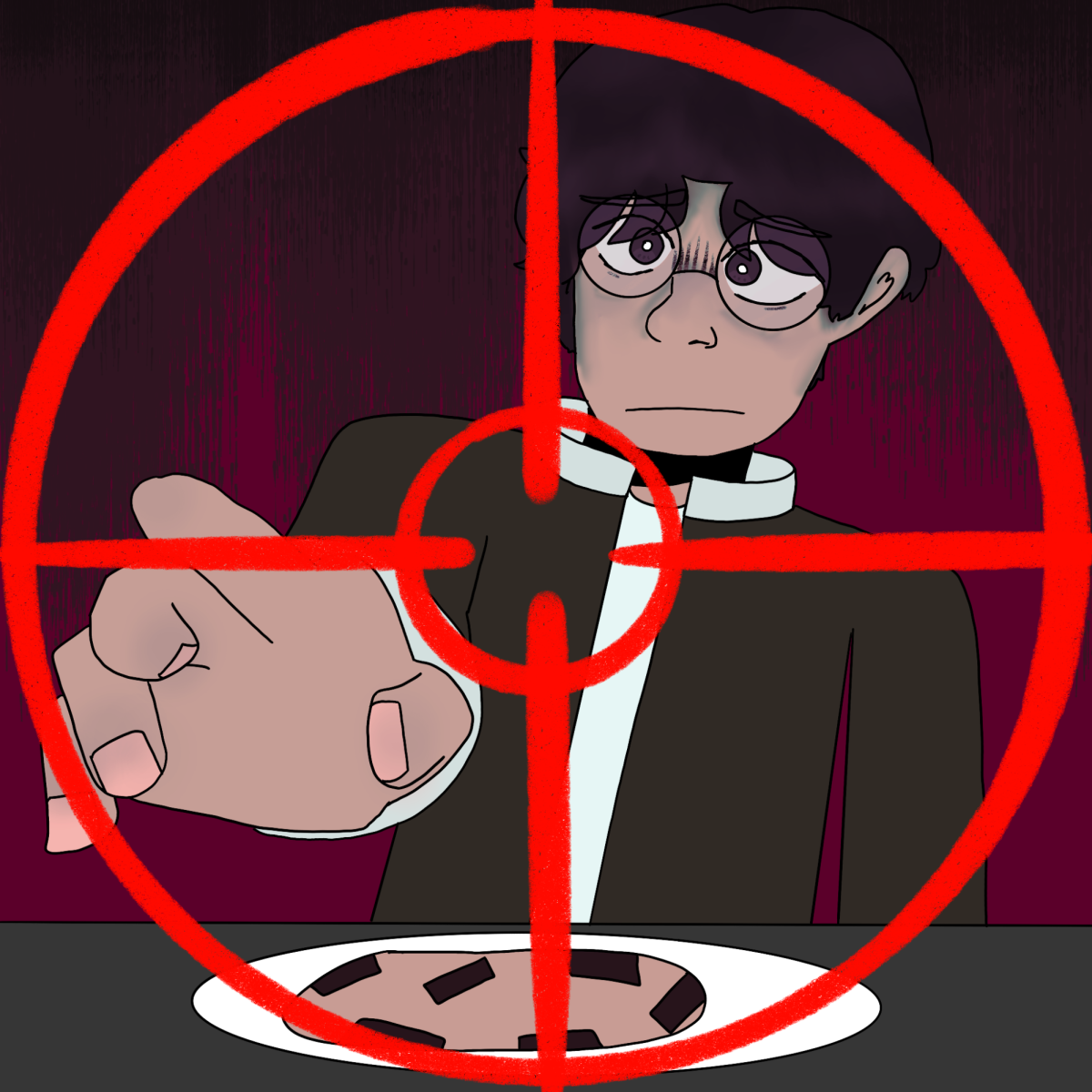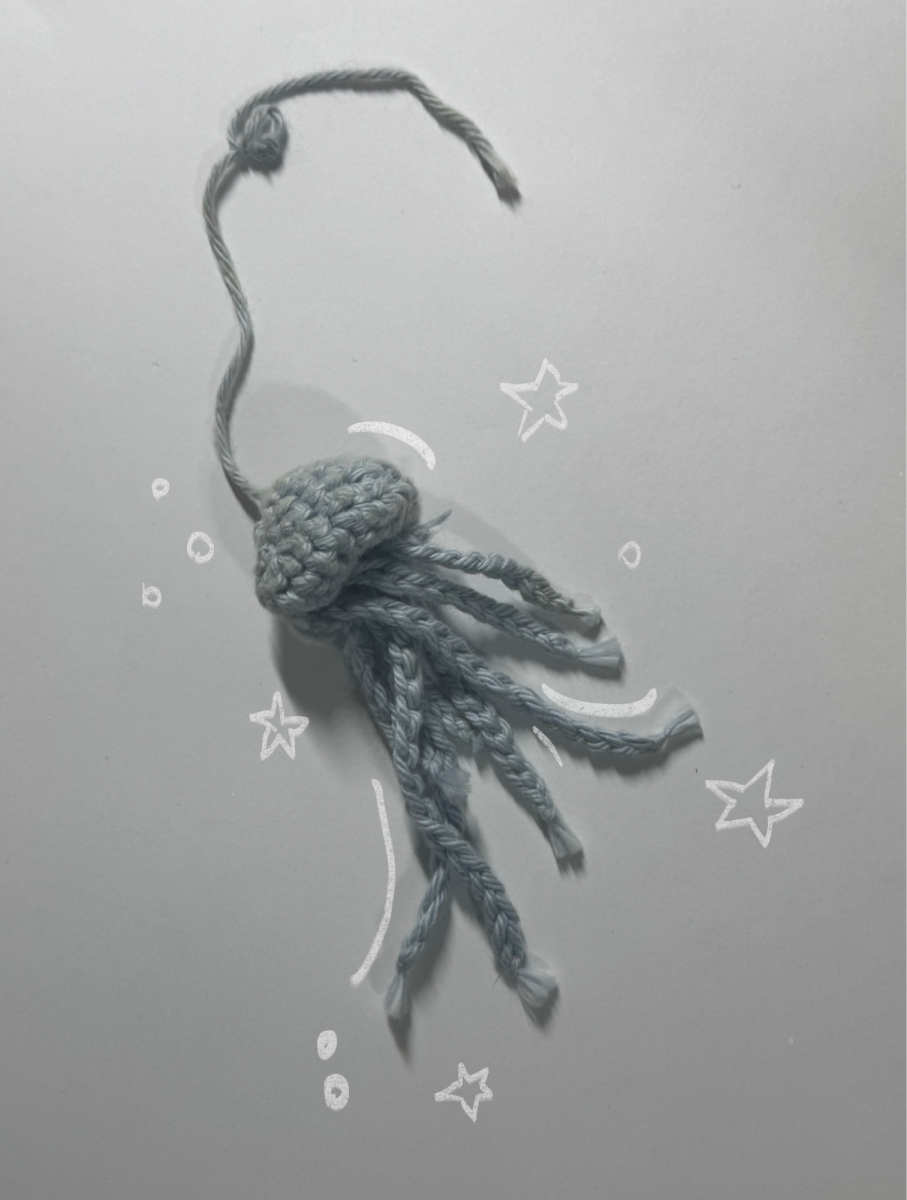It is always heartbreaking when our favorite shows come to an end. No more binging new seasons as they come out, no more watching episodes over dinner and no more living vicariously through our comfort characters. However, as sad as it is to let go, every show must come to an end eventually. The only thing worse than a show ending too soon is a show that keeps dragging on and on, ruining the entire show’s legacy, which happens all too often in shows with an excellent first few seasons.
A signature example of this is “Grey’s Anatomy,” which is a medical drama that has been running for nearly two decades. Practically all of the original cast has left, the plot is no longer engaging because every possible conflict has happened, and the show has become unbearably melodramatic because there are no substantial storylines to keep viewers interested. “Grey’s Anatomy” has taken a turn for the worse and is no longer the same show that fans knew and loved in the early seasons.
Another show that went on too long was “The Vampire Diaries,” which should have ended when Nina Dobrev, who played main protagonist Elena Gilbert, left the show. To make up for the loss, the other leads of the show, brothers Damon and Stefan Salvatore, were made even more central than they already were. This, however, while a valiant effort, was not enough to keep the show interesting enough to continue watching. Although her character was hated by many fans of the show, she was the heart of the show, and when she left, it no longer felt like the writers knew where the plot of each season was going; it felt like they were making up the story as they went along.
Finally, an underrated yet perfect example of a show that ruined its legacy by ending too late is “Once Upon a Time.” The show is about fairytale characters who have been cursed, robbed of their memories and sent to a town in the real world. The first six seasons were amazing, gripping and very unique. The final season was a time skip, which is always a risky move in television writing. In this show, with the majority of the main cast gone, it failed miserably, and the seventh and final season now sticks out like a sore thumb.
When writers have finished telling the story they set out to tell, they should not keep creating new storylines — they should end the show, even if it is at the height of its popularity and has the potential to generate more revenue. For example, “Cobra Kai,” a sequel to the Karate Kid film series, is releasing the final part of the final season next year. “Cobra Kai” is very popular and the writers could probably have milked it and made lots of money, but the writers know that the show has run its course and that it is time to end it.
Many viewers resist saying goodbye to their favorite shows because they become emotionally invested with the characters and storylines. However, if a show is done right, it should leave viewers sad that it is over. A good show should not just entertain us forever — it should come to an end, linger in our minds and leave us yearning for more long after the credits roll.

